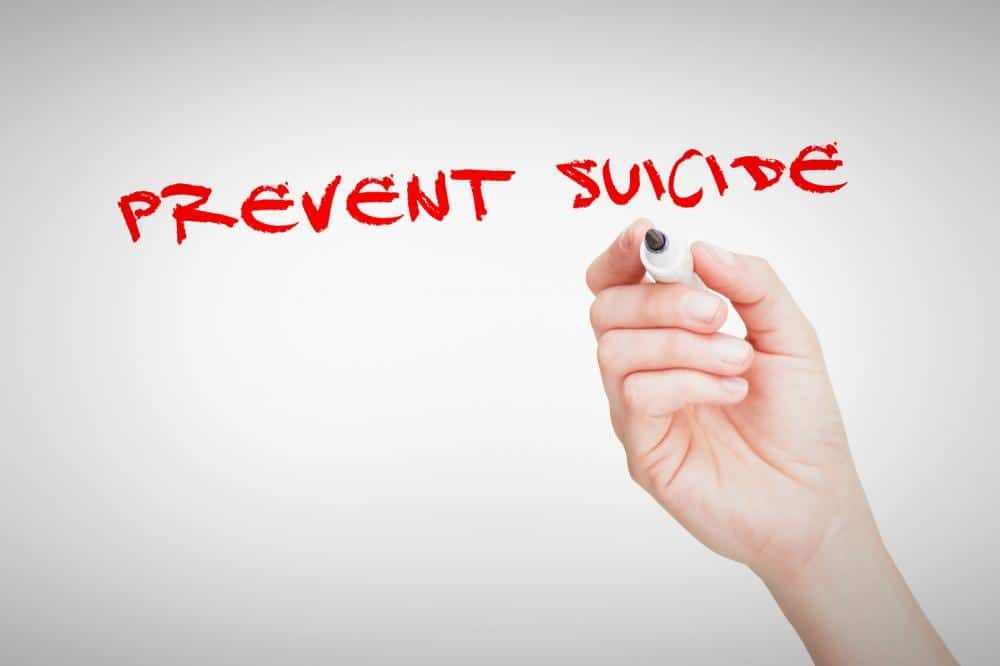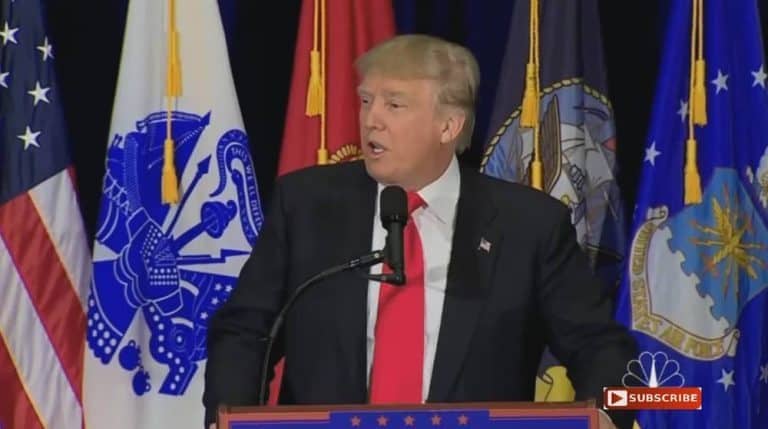VA’s Emergency Suicide Prevention Program: Nearly 50,000 Veterans Served in First Year
The Department of Veterans Affairs (VA) has introduced a policy designed to provide immediate, no-cost emergency healthcare for veterans and former service members facing acute suicidal crises. According to VA reports, this initiative has already served nearly 50,000 individuals, potentially saving millions in healthcare costs. While these figures are promising, it is essential to continue assessing the program’s reach and effectiveness.
Scope and Accessibility of the Policy
The policy aims to extend emergency mental health services to around 9 million veterans, including those not previously enrolled in VA healthcare. It offers a range of services, from emergency room care to outpatient support. While the intention is to make these services accessible to a broad veteran population, ongoing evaluation is necessary to ensure that these services are truly accessible and meet veterans’ needs effectively.
Government and VA’s Commitment
Aligned with President Biden’s Unity Agenda, the VA has been proactive in expanding support structures for veterans in crisis. Initiatives like the 988 Veterans Crisis Line and partnerships with community organizations signify a robust approach to suicide prevention. While these are positive steps, the effectiveness of these programs in reducing veteran suicide rates warrants ongoing scrutiny to ensure they are delivering as intended.
Leadership Commitment
While VA Secretary Denis McDonough asserts the department’s commitment to preventing veteran suicide, emphasizing, “There is nothing more important to VA than preventing Veteran suicide — and this expansion of no-cost care has likely saved thousands of lives this year,” the implementation of these policies requires ongoing scrutiny to ensure they are as effective as possible. It is essential that the new policy is implemented in a way that genuinely serves veterans’ best interests and addresses their immediate needs. McDonough’s statement underscores the necessity for the VA to ensure that these measures truly reach and support veterans in crisis, underlining the critical importance of accessibility and effectiveness in the VA’s suicide prevention efforts.
Future Directions and Veteran Support
The policy, rooted in the Veterans Comprehensive Prevention, Access to Care, and Treatment (COMPACT) Act of 2020, is a significant step toward addressing veteran suicide. However, the success of such initiatives depends on their ability to provide continuous support beyond the immediate crisis period. It is crucial for the VA to not only address immediate needs but also to facilitate long-term care and support systems for veterans.
Moving Forward with Veteran Care
The VA’s initiative to provide emergency suicide prevention services marks a positive step towards supporting the mental health of veterans. While celebrating the progress, it is vital to maintain a focus on transparency, effectiveness, and continuous improvement. The ultimate goal is to ensure that all veterans have access to the care and support they need, when they need it, in their journey towards recovery and well-being.
Frequently Asked Questions About VA’s New Suicide Prevention Policy
Who is eligible for the free emergency healthcare under this policy?
Eligible individuals include veterans and certain former service members who are experiencing an acute suicidal crisis. This includes those not enrolled in the VA system, reservists, National Guard members who served at least 100 days under specific conditions, and individuals who have experienced military sexual trauma.
What types of care does the policy cover?
The policy covers emergency room care, inpatient or crisis residential care for up to 30 days, and outpatient care for up to 90 days. It also covers the cost of emergency transportation to the healthcare facility.
How does a veteran access this emergency care?
Any veteran or eligible individual in a suicidal crisis can go to any VA or non-VA emergency room and inform the staff that they are experiencing a crisis and are covered under this VA policy. The healthcare facility will then contact the VA to ensure the individual receives the covered care.
Are there any costs involved for veterans seeking emergency suicide prevention care under this policy?
No, there are no costs for eligible veterans and former service members for receiving emergency suicide prevention care under this policy. This includes all provided care and associated transportation costs.
How does this policy fit into the broader efforts to prevent veteran suicide?
This policy is part of a comprehensive approach by the VA and the Biden-Harris Administration to address veteran suicide. It complements other initiatives like the 988 Veterans Crisis Line, partnerships with community-based organizations, and awareness campaigns. The policy aims to provide immediate support during a crisis and is a key component of the VA’s broader strategy to enhance mental health services and support for veterans.




I’ve worked in screening mental health patients in the ER plus other surrounding ER’s and I will tell you as others will Psych patients are given the least priority. Psych patients pile up in the ER and this has been going on for years waiting many times weeks for a bed where the ER’s become the unofficial overflow of Psych patients (and jails) where the care is extremely lacking. What happens is they either get discharged from the ER or they wait to be sent to a VA Psych facility where they are processed, stay a few days if they are lucky or the Psychiatrist rationalizes a way for them to be discharged. In the ER the ER Doctors have the authority to discharge them even involuntary commitment patients after they do an inadequate, simplistic assessment. I’ve known of cases of such patients discharged that shouldn’t have been that committed suicide right after discharge. I’ve been told not to give veterans a psych bed by my supervisor and make them wait to be transfer to a far away VA Psych facility. I refused to do this and became a whistleblower and tried to report it to the VA that was supposedly investigating this and they showed no concern. Their investigation was only for appearances.
Public ER’s are not supposed to make discharge or accepting decisions based on payer source but it continues to happen under the radar. If they do make it to a Psychiatric unit it is over crowed where patient acuity increases exponentially with each additional patient unlike other medical units. Some good staff try are best to care for these patients but it is not a therapeutic environment and what makes it worse is the us vs them mentality of staff from Psychiatrist down to behavioral health techs. I’ve worked all over the US and it’s the same everywhere. There are many articles documenting this. Treatment is medications which are poorly managed and anything else is an after thought. The US could learn a lot from other countries with much better but not perfect mental healthcare models.
Many patients get worse in this environment and it spreads through the unit. There are 3 kinds of staff. The bad actors who neglect and treat patients like inmates, those that enable them and do little and then those that do care and connect with these patients and try to advocate for them which is like walking a tightrope. TRUTH.
The incompetence and lack of skepticism at VA is appalling. The denial of care while advertising as a healthcare system is appalling. The games that have to be played there because of the rotten fucks is appalling. The phoney ass bullshit they put in medical records to try and exaggerate shit for no reason whatsoever is appalling. The misery and death they create is appalling. I went to outside Doctors for about a year instead of VA and I was blown away at the difference. So much of my time wasted at VA for nothing but benefits. UBI and insurance cards for the win. Eliminate the fraudulent entity now.
Round about the time Obama left was when they started with the whacked out personality psychology bullshit at VA which offended many and caused many to leave the VA for good. You basically couldn’t tell them shit for fear they’d give you some bogus diagnosis and refuse to work with you. On top of that guaranteed you’ll hit at wall at some point if you need something other than mental health care. Denial of care pretty common and their excuses are many. Basically somewhere people go to work to do whatever in the hell they want without repercussions so dangerous environment. These facilities are mainly in the southern USA so..I don’t know about out west.
On the flip side, you might have employees at VA making false claims about your behavior or nature in an attempt to gain more control over you and cover their ass. Some of them not the most skeptical people and make bogus accusations and assertions. These people they will not fire because of their claimed “rights” be it political or religious or whatever card they pull after they are caught making bogus claims, exaggerations, lies, all of which follow you around the VA system. All that stuff is a rights violation itself. They got human rights issues at VA.
And That’s AFTER perhaps 30,000 dead over many decades because they did nothing or “didn’t have bed space” or even drove many away and into jails because they didn’t like someone or they were “fully booked.” Needed to issue insurance cards ten years ago… there would be millions of healthier, happier people ALIVE instead of dead or rotting in the bed because they denied surgery OR pain medication since they refuse surgery unless you’re dying. I wouldn’t be surprised if there weren’t a quarter million dead because of the malfeasance.
14 of the 17 Veterans who Suicide served BEFORE 9/11 and are most often Vietnam Veterans. THE COUNT MATTERS when trying to save Vets lives
Really??????/ Being a disabled combat veteran I speak from that perspective, simply stated if anyone wants to commit suicide they will just do it, just like in combat there are those that hear orders and tasks that have to be accomplished and then their are those combat veterans that AND GET DONE AND JUST DO IT, they do not talk about it and ponder this or that, Same goes for suicide if anyone makes the decision to do it, they will, they will not talk about it. There will be those out there reading this that will indicate that this writer is a
bbbhb but they are the ones that talk and never do anything. As for the VA the more they claim that this or that works etc etc the better their chances to get more FUNDING the VA is only about money and their job security. , I have yet to find any mental health individual in the VA department that evens knows what they are talking about. My FIRST question I ask the counselor is the same “HOW MANY PEOPLE HAVE YOU KILLED IN COMBAT?:” they always answers luckily none, I then continue then why are we wasting time having this appointment you have no comprehension of where I am even coming from. However there are those Veterans that JUST have a need to just talk with someone sometimes and that is GREAT but that is NOT SUICIDE PREVENTION that is just a friendly sounding board for veterans, this does fill a gap. This the VA calls the WARM LINE???? or in reality a CRISIS chat line not suicide, then these volunteers on the VA line are NOT MENTAL PHYSIOLOGISTS or PSYCHIATRISTS or Anything Also this will never be posted for anyone to read anyway.